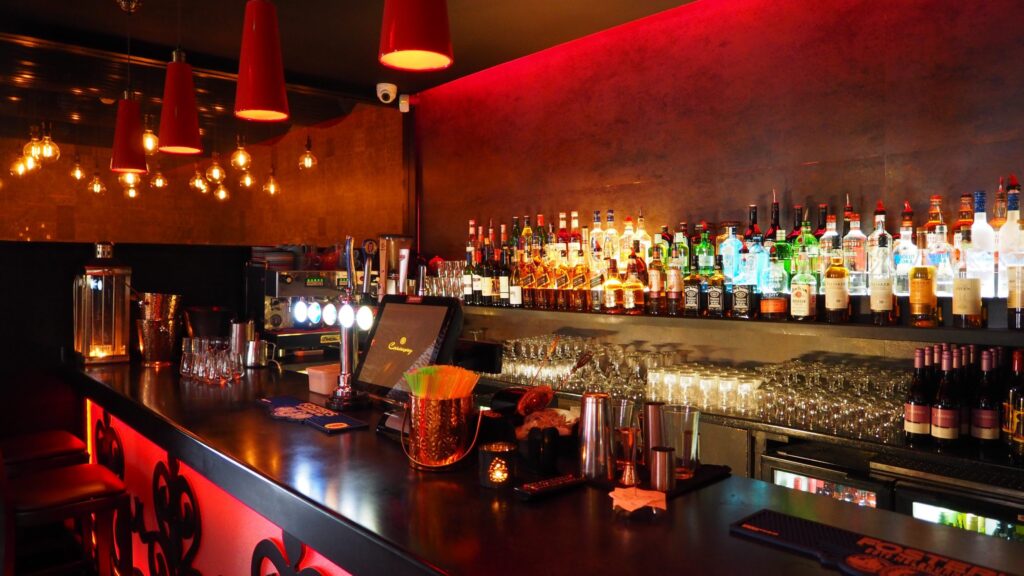Underage drinking has been a public concern for decades. Since as far back as prohibition, lawmakers and lobbyists have attempted to curb the consumption of alcohol by minors. Illinois law states that “the consumption of alcoholic liquor by any person under 21 years of age is forbidden” (235 ILCS 5/6-20). It seems straightforward, but there are several interesting exceptions to the law that do permit the consumption of alcohol by minors under certain circumstances. These exceptions include sampling by culinary students and any consumption related to religious ceremonies. Persons under 21 can also drink alcohol if they are in their own homes and under the direct supervision of a parent or legal guardian.
Illinois Laws Concerning Serving Minors
Under Illinois law, it is “unlawful to sell, serve, deliver or give alcoholic beverages to a person under 21 years of age or to any intoxicated person.” The law further prohibits any person from purchasing an alcoholic beverage and then giving it to an underage individual to consume.
Illinois also has a restriction against knowingly allowing guests under the age of 21 to drink alcohol at one’s private residence. Known as the “Social Host Law,” this regulation targets individuals who might allow underage drinking at youth parties or other social gatherings at their homes.
Illinois Liquor Control Commission (ILCC)
The Illinois Liquor Control Commission (ILCC) is the state office charged with ensuring that businesses who sell alcoholic beverages are operating in compliance with the law. The office conducts regular undercover investigations to ensure compliance. Working in cooperation with local law enforcement, the ILCC recruits students from local high schools and colleges to assist in undercover compliance checks. Each month, ILCC staff and underage students visit liquor stores, restaurants, and bars in different communities around the state and attempt to persuade the employees to sell them alcohol.
Penalties for ILCC Violations
The violation of Illinois liquor control laws are frequently classified as Class A misdemeanors and can result in hefty penalties. If a sale to a minor occurs during an undercover operation, ILCC agents and local law enforcement issue a citation for the violation on the spot. A conviction carries a minimum fine of $500, a maximum fine of $2,500, a jail sentence of up to one year, and possible suspension or revocation of the establishment’s liquor license. The same consequence applies to the sale of alcoholic beverages to an intoxicated person who is 21 or older.
ILCC Underage Compliance Report
Each month, the ILCC issues an Underage Compliance Report, listing the names and addresses of the businesses cited for liquor law violations. Based on the most recent reports, the majority of Illinois businesses are typically operating in compliance with the law. However, the ILCC’s compliance checks show that some businesses and their employees are still selling to underage individuals.
The February 2020 Underage Compliance Report listed 18 businesses cited for liquor control law violations out of the 136 the agency visited that month, or roughly 13% of the businesses checked. The report is divided by town, and for each municipality, the names and addresses of the noncompliant businesses are listed, along with the date of the violation.
The ILCC’s monthly compliance reports provide an interesting view of the myriad of businesses that encounter issues with liquor law violations. From restaurants and convenience stores to hotels and pharmacies, the random compliance checks demonstrate the need for businesses to routinely train and educate their staff so that citations may be avoided.



